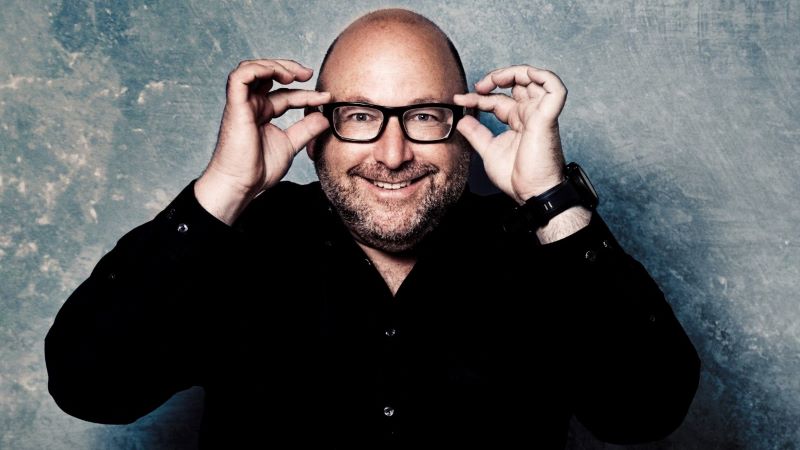Voices
COVID-19 is history, but some things shouldn’t change

It’s going to take a while to get COVID-19 out of our systems. And although I would happily forget many aspects of the pandemic, there are some that we ought to hold on to.
The mask isn’t one of them. It still happens that every now and then, I find myself looking for my mask when getting out of my car. I sometimes do the same when I leave the house on the way to synagogue. Which is remarkable, considering that the pandemic was a relatively short period of time, and that it’s thankfully pretty much over now.
The impact on our behaviour extends way beyond protective clothing. It will probably remain with us for a while.
Consider the shul service. As we head into Rosh Hashanah, I spent a few moments recalling last year. A year ago, our prayer service took place outdoors, and lasted for a maximum of two hours.
There were limits on the number of people at each venue, which is why we elected to go at 07:30. We had a positive attitude and we made it work, even though between the masks, social distancing, the hurried service, and lack of physical contact, there was undoubtedly a void. On the face of it, all was “normal”.
But in spite of our repetitions of gratitude that shuls were open and that we had survived the pandemic, there was a tinge of sadness that couldn’t be ignored and is easier to acknowledge a year on.
This year is different. The doors to shuls have been flung open, and people have returned. The sceptics among us might have been concerned about whether community members would go back to synagogue, but they have done so. In great numbers, even with great enthusiasm.
The COVID-19 pandemic reminded us what community means to us. And how much we value it.
Services are more enjoyable in that they’re being run with greater sensitivity to time. It’s as though COVID-19 made it apparent that we won’t live forever. And that even if we did, we probably wouldn’t choose to spend it all at shul. A two-hour Rosh Hashanah service might not be practical, but it’s gratifying that Shabbat services hardly extend beyond that.
COVID-19 reminded us of the value of the older members of the congregation. The most vulnerable and the hardest hit have struggled more than most. Anxiety about the disease, fear of catching it from children and grandchildren, made shul a scary place to be. Slowly, I have seen masks drop as they became more comfortable and confident with being around people.
It made us appreciate our community organisations, which all contributed one way or another to keeping us alive, and which provided support when we needed it. It allowed us to value our rabbis and community leaders, who sought ways to keep people connected, informed, and cared for. And our doctors who risked their lives, physical, and emotional well-being because that’s what was asked of them.
It’s a year later, and we’re “back to normal”. At least visually. Those we’ve lost won’t be returning, and those who are suffering the impact might still be doing so.
As we move further away from one of the strangest times that we’ll live through, it’s worth considering what we need to let go of and what’s worth holding on to with all our might. My wish to us all is that we choose wisely. May we all be blessed.
